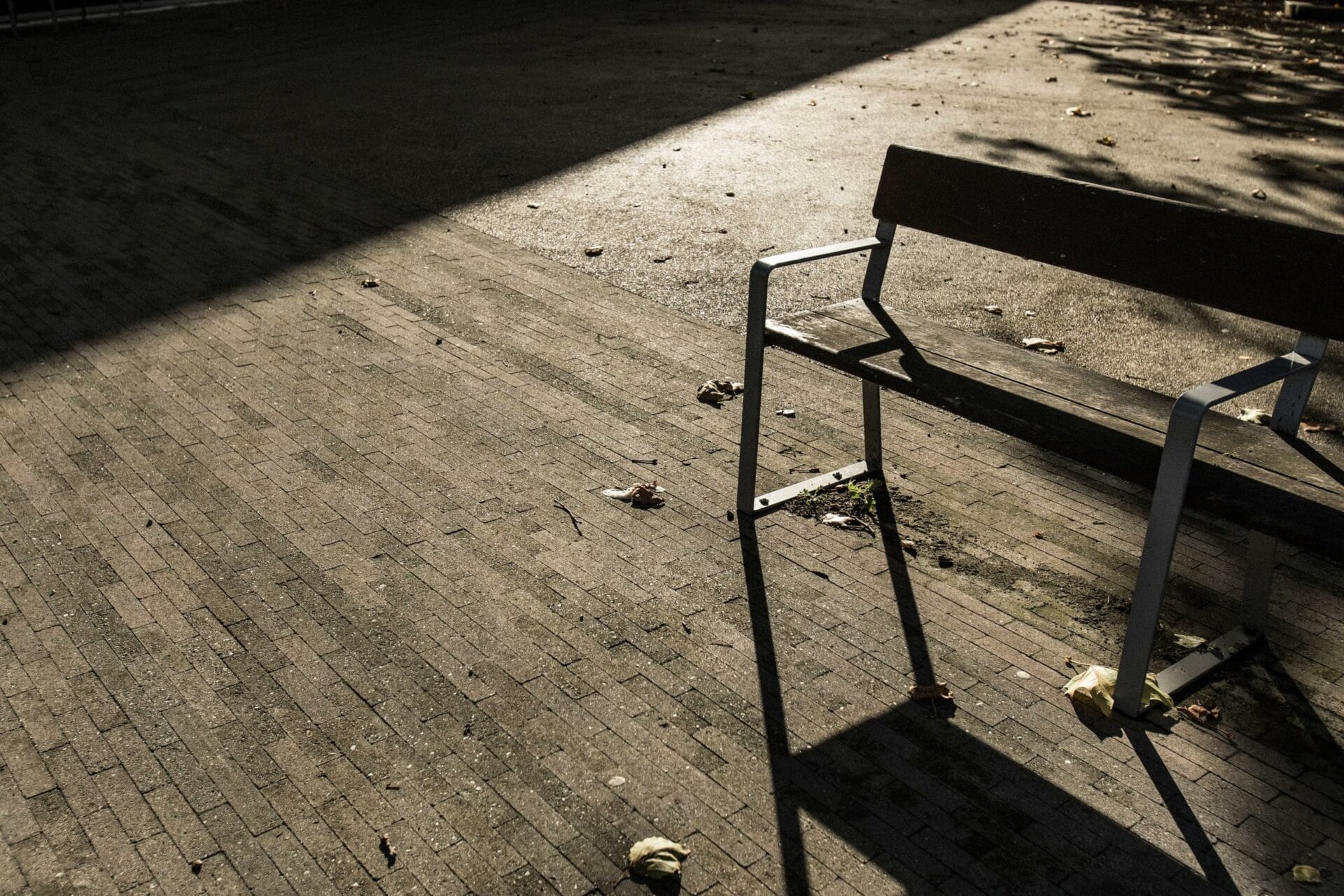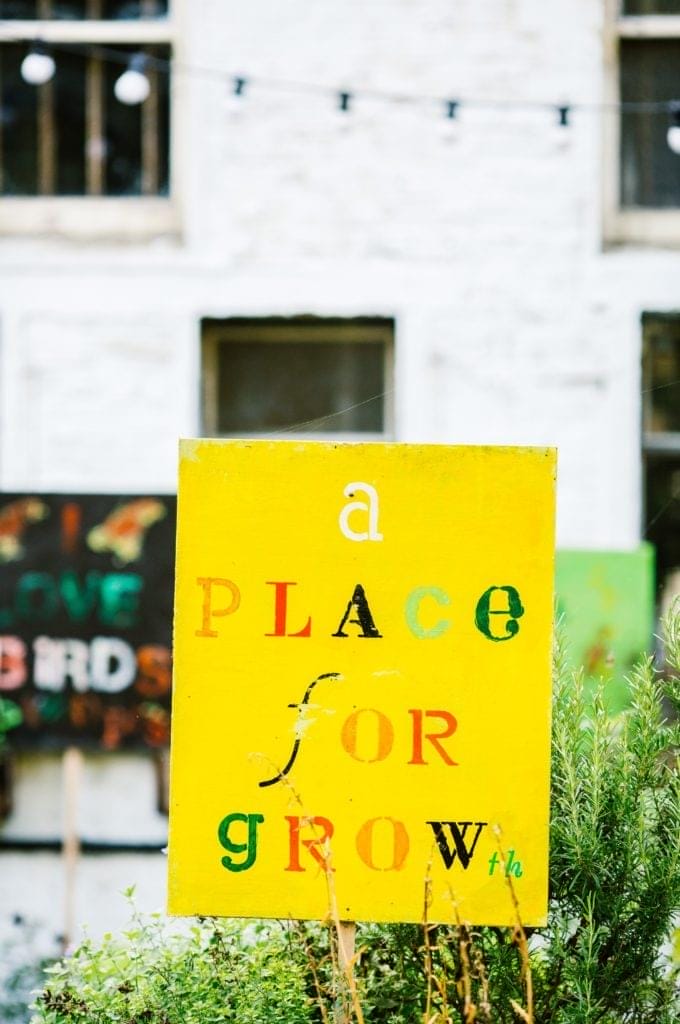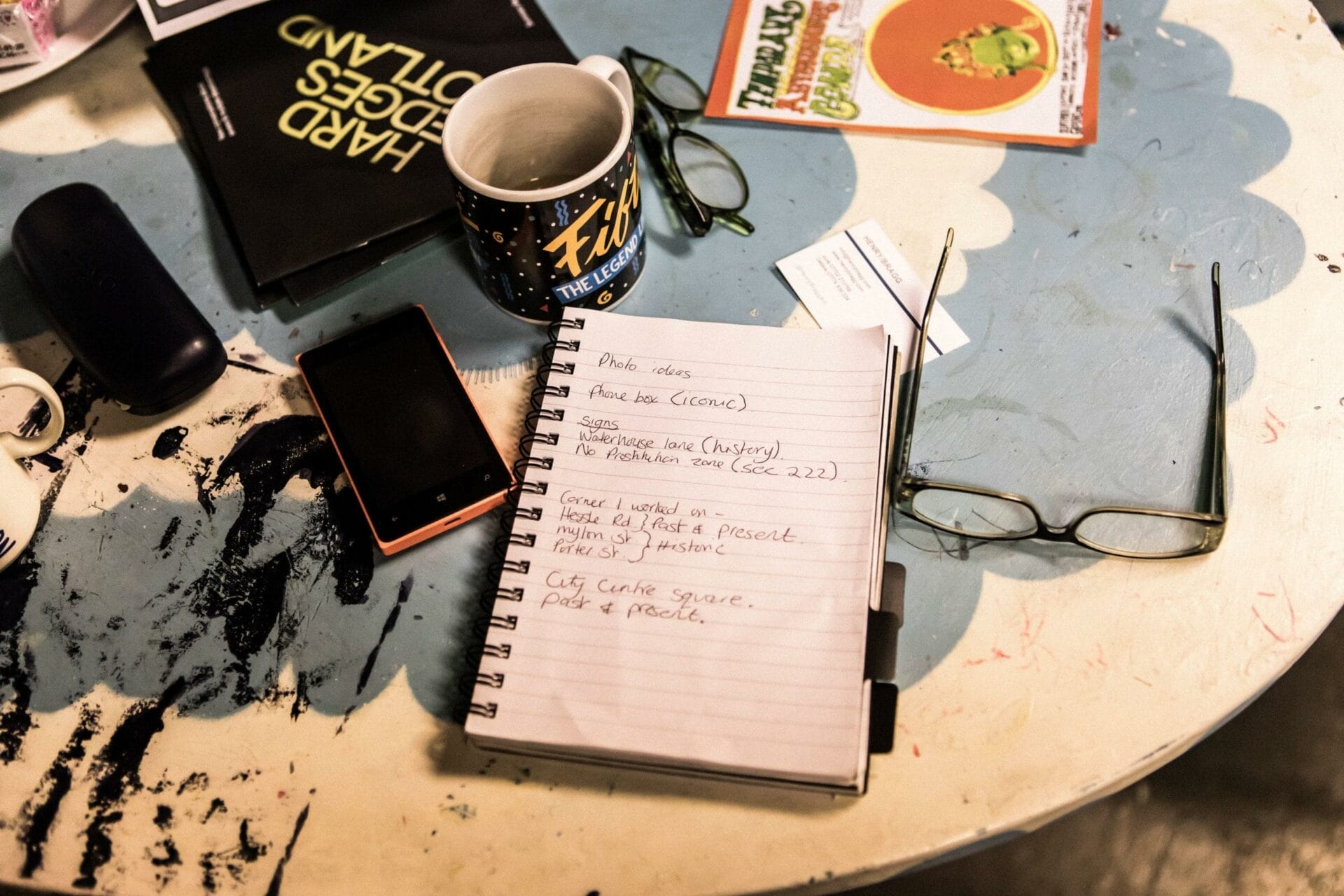14th April 2020, words by Oliver French
We have written about Lankelly Chase’s own response to the coronavirus emergency here. This is a separate blog to report on some of the things we’re hearing from our projects and partnerships.
One of our learning frameworks is to look for change at the level of the individual, the organisation, and the system. We’re trying to use this as we consider the impact of COVID-19 on ourselves, our partners and our shared work to change the systems that perpetuate severe and multiple disadvantage; as with anything else right now, this is subject to change.
Individual
In a crisis there is little time for deliberation, and plans have to be refined on the go. The Government’s own interventions have been an exercise in adaptation, as it’s become clear who is missed or disadvantaged by policy responses and corrections are called for. Though the rallying cry of ‘we’re all in this together’ seems rather more convincing than the last time it was rolled out, many of our conversations have centred on the unequal impacts of the coronavirus and the measures deployed to contain it. We’re hearing a lot about the inequalities of isolation: how people with virus symptoms can’t ‘self-isolate’ from the rest of a crowded household; the implications of how social distancing is policed in densely populated areas, and particularly amongst BAME communities; and whether Government advice (if even clear enough in the first place) is being translated and communicated widely enough.
Though some level of ‘tweaking’ plans is understandable in such a fast-moving context, there’s also a nagging feeling that the questions which need to be raised this time round – at least in the first round of action – concern the same people often overlooked in other discussions: those who don’t have a home to isolate in at all, or people whose home is not the safe, nurturing (or nutritious) place it should be. We’ve seen some great work being done to expose and address these inequalities, including:
- Camerados’ blog on Social distancing at the sharp end
- Agenda’s #voicesfromlockdown work to highlight the experiences of vulnerable women and girls
- Leeds GATE’s legal updates and advice services for Gypsies and Travellers, particularly about life on camps and sites during nationwide restrictions on movement and contact
- The Ubele Initiative’s live tracking of the impact on the BAME voluntary and community sector
- The Family Rights Group’s guidance for parents and families with children in the care system
- Reflections from a colleague in Manchester who has lived with the reality of enforced isolation in prison.
We’re keenly aware that we’re currently in the ‘explosion’ phase but the fallout will be felt for a long time yet and – as ever – by some people more than others. Indeed, there are many people for whom isolation, precarious health and insecure income are the norm and not the novelty, and as more people experience even a small taste of what this feels like, perhaps greater mutual understanding might follow. Crises can result in seismic changes, but they can also reveal and exacerbate dynamics that were already there with a startling new clarity. Like soil erosion on a clifftop or a low-lying village in a flood, we’re seeing yet more evidence that some people live much closer to danger than others.
Organisational
NB: details of our own responses, including an emergency support fund for partners, is available here.
Charities and civil society organisations have quickly found that the ground underneath them is extremely vulnerable to shocks; many fear disappearing entirely over the next few months. Recent years have seen a huge push for charities to become more self-sufficient through independent income generation, and ironically enough, it is precisely these charities who are now especially at risk of collapse. As Government responses have had to adapt to support people ‘left behind’ by the first wave of economic interventions, charities were also relative latecomers to the relief effort, and at a level underneath the ‘low £billions’ which some called for. (As a side note, this intervention may give us a useful window into public support for – and understanding of – the role of charities in running vital public services).
Many partners are working at breakneck speed to adapt their work to a world of social distancing – whether trying to deliver an existing service in a new way, or in changing their purpose and activities entirely to respond to new kinds of community need. The explosion in solidarity and goodwill has been wonderful to see, and it’s also asking some (occasionally uncomfortable) questions about the limits of organisations and services as the primary vehicles of social action and change – for example, is there tension in the places where spontaneous, organic responses are clashing with those held or managed by established agencies and processes?
We’re seeing that many of the decision-making processes on which we and our partners depend have been suspended or otherwise knocked out of kilter: funders and commissioners are deferring decisions and diverting resources elsewhere, and we hear there are also foundations whose grantmaking cannot be undertaken without physical Board meetings. On the other side, there has been some suspension of monitoring activities on the part of funders and an emphasis on trust, flexibility and understanding. As with many of the changes we’re seeing, we’re not sure whether the abandonment of some of these tendencies to command, measure and control represents a temporary response or a new foundation on which different, permanent relationships can be built.
Systemic
Much of our work takes place in networks, partnerships and collaborations, especially at ‘place’ level; it’s here where we can learn about wider cultural, systemic and structural changes. Over the last few weeks we’ve heard a lot about the suspension of ‘business as usual’ and the ‘normal rules’ being relaxed or collapsing entirely. This is liberating for some, who are thriving (and even excited by) the suspension of orthodoxy, the expansion of autonomy, and a new freedom to work creatively. We’ve heard several reports of long-term ‘transformation plans’ being delivered in days rather than years, showing that deep change can happen rapidly. Others, though, have had the rug pulled from underneath them and have become anxious, or retreated further into familiar bureaucracies.
There is also a cagey sense of looking through and beyond the current situation. Though it might feel like jumping the gun in the middle of a crisis, or insensitive to talk about ‘opportunities’, there are undoubtedly conversations happening about the kind of future we’ll emerge into and who gets to shape it. (Though of course it’s also been remarked that the short term responses and long-term thinking aren’t mutually exclusive.) Coronavirus may wash away some assumptions and make new things possible, as has already been shown by the rejection of some central planks of conservative economic thought. We’ve heard some optimism that positive societal shifts could still be left behind when the tide of coronavirus responses recede. Then again – surely, somewhere, the sharks are circling too, and they’ll have intentions far beyond a bit of toilet roll profiteering.
Perhaps the main thing which characterises what we’re seeing, hearing and experiencing about the impact of coronavirus is the tension between our sense of common purpose, hope and activity on the one hand, and our collective anxiety and uncertainty on the other. We don’t yet know what has changed forever and what will go back to ‘normal’, or if we even want it to; and it will take some time to figure out which decisions were made well (or even better than before) at speed, and those which were made purely in haste.
We’ll try to stay transparent and open-minded as we consider these questions, and the many others emerging daily. So far it’s been a near-constant case of thinking ‘but what about…?’ and we expect this to continue for some time. If you’re interested in sharing any reflections of your own, please get in touch.



Comments (0)